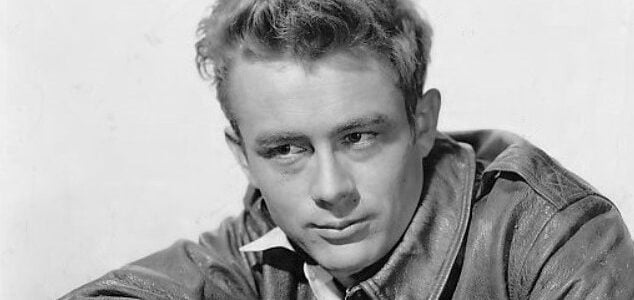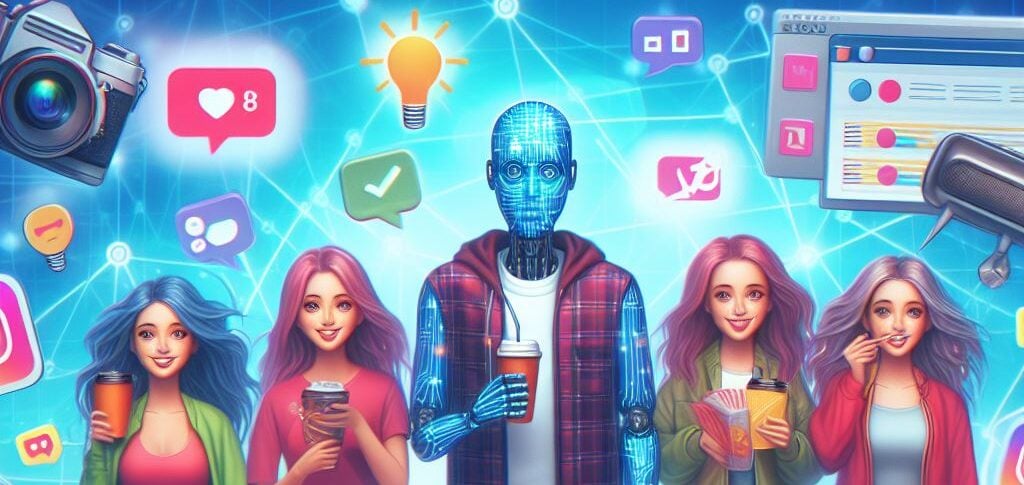The American actor James Dean He died in 1955 in a car accident after starring in just three films, all of which were highly acclaimed. However, now, almost seven decades after his death, he has been cast as the star of a new film called Back to Eden. A digital clone of the actor – created with artificial intelligence technology similar to that used to generate deepfakes – will walk, talk and interact on screen with other actors.
ADVERTISING
The technology is at the forefront of computer-generated imagery (CGI), but it is also at the root of some of the concerns raised by actors and screenwriters who have gone on strike in Hollywood. They fear being replaced by AI algorithms – something they say will sacrifice creativity for profit.
Dean's digital resurrection isn't the first time deceased actors have seemingly come back to life on screen with the help of advanced technology. Carrie Fisher, Harold Ramis, and Paul Walker are just a few notable celebrities who have reprized iconic movie roles posthumously. A cantora brasileira Elis Regina também ressuscitou recentemente para um anúncio de carro, onde foi mostrada em dueto com a filha Maria Rita.
Dean's digital cloning raises a controversial question: Who owns the rights to someone's face, voice and personality after death? The rules are obscure and, in some regions of the world, non-existent. Attorney Erik Kahn, co-author of an article on publicity rights postmortem of celebrities for Landslide magazine, says that each US state has a different situation. Some states do not have clear publicity rights to protect the wishes of dead celebrities.
ADVERTISING
In general, when a celebrity dies, “publicity rights” pass from the celebrity to the celebrity's next of kin or to the party who granted those rights in a will. But Kahn says that even a will, which will generally dictate who will benefit financially from the commercial use of the dead celebrity's image, has limited legal weight, since "it's not like a contract because it's a one-way document." The power of how that person's image is used passes to its living executor.




